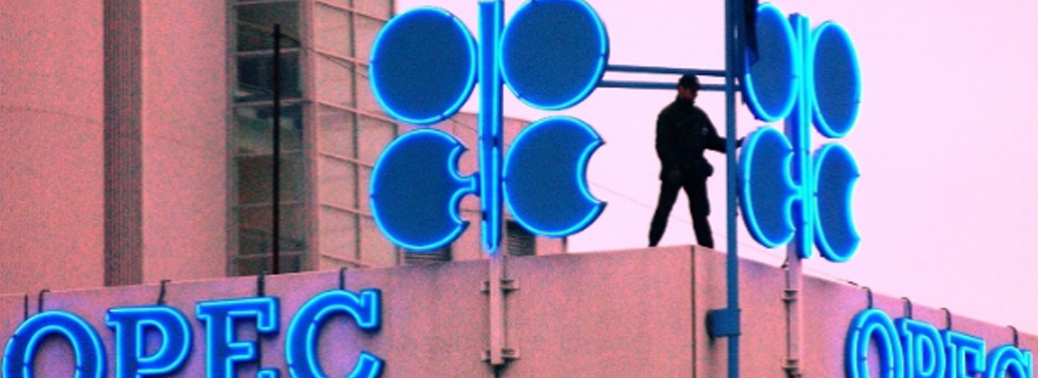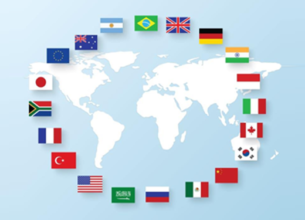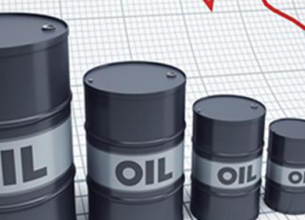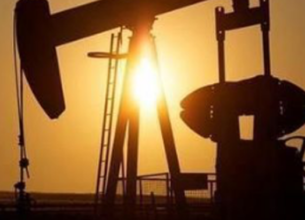OPEC+
11, Mar 2020

Prelims level : International Institutions – Summits, Working, Organisations
Mains level : GS-II Important International institutions, agencies and fora- their structure, mandate.
Context:
- Recently, Saudi Arabia plans to raise its crude oil production significantly above 10 million barrels per day (bpd) in April, after the collapse of the OPEC+supply cut agreement with Russia.
About:
- The three-year pact between OPEC and Russia ended in acrimony recently after Moscow refused to support deeper oil cuts to cope with the outbreak of the coronavirus and OPEC responded by removing all limits on its own production.
- Effects now could quickly flood global markets at a time when demand has already weakened substantially.
About OPEC+:
- It refers to the alliance of crude producers, who have been undertaking corrections in supply in the oil markets since 2017.
- Its countries include Azerbaijan, Bahrain, Brunei, Kazakhstan, Malaysia, Mexico, Oman, Russia, South Sudan and Sudan.
- The Opec and non-Opec producers first formed the alliance at a historic meeting in Algiers in 2016.
- Its aim was to undertake production restrictions to help resuscitate a flailing market.
About OPEC:
- It was founded in Baghdad, Iraq, with the signing of an agreement in September 1960 by five countries namely Islamic Republic of Iran, Iraq, Kuwait, Saudi Arabia and Venezuela.
- They were to become the Founder Members of the Organization. It is a permanent, intergovernmental organization. Currently, it has a total of 14 Member Countries. It is headquartered in Vienna, Austria.
- Its objective is to co-ordinate and unify petroleum policies among Member Countries, in order to secure fair and stable prices for petroleum producers; an efficient, economic and regular supply of petroleum to consuming nations; and a fair return on capital to those investing in the industry.
- Its membership is open to any country that is a substantial exporter of oil and which shares the ideals of the organization.
Why is OPEC+ is more influenced than OPEC?
- OPEC’s 14 members control 35 percent of global oil supplies and 82 percent of proven reserves. With the addition of the 10 Non-OPEC nations, notable among them Russia, Mexico and Kazakhstan, those shares increase to 55 percent and 90 percent respectively.
- This affords OPEC+ a level of influence over the world economy never seen before.










